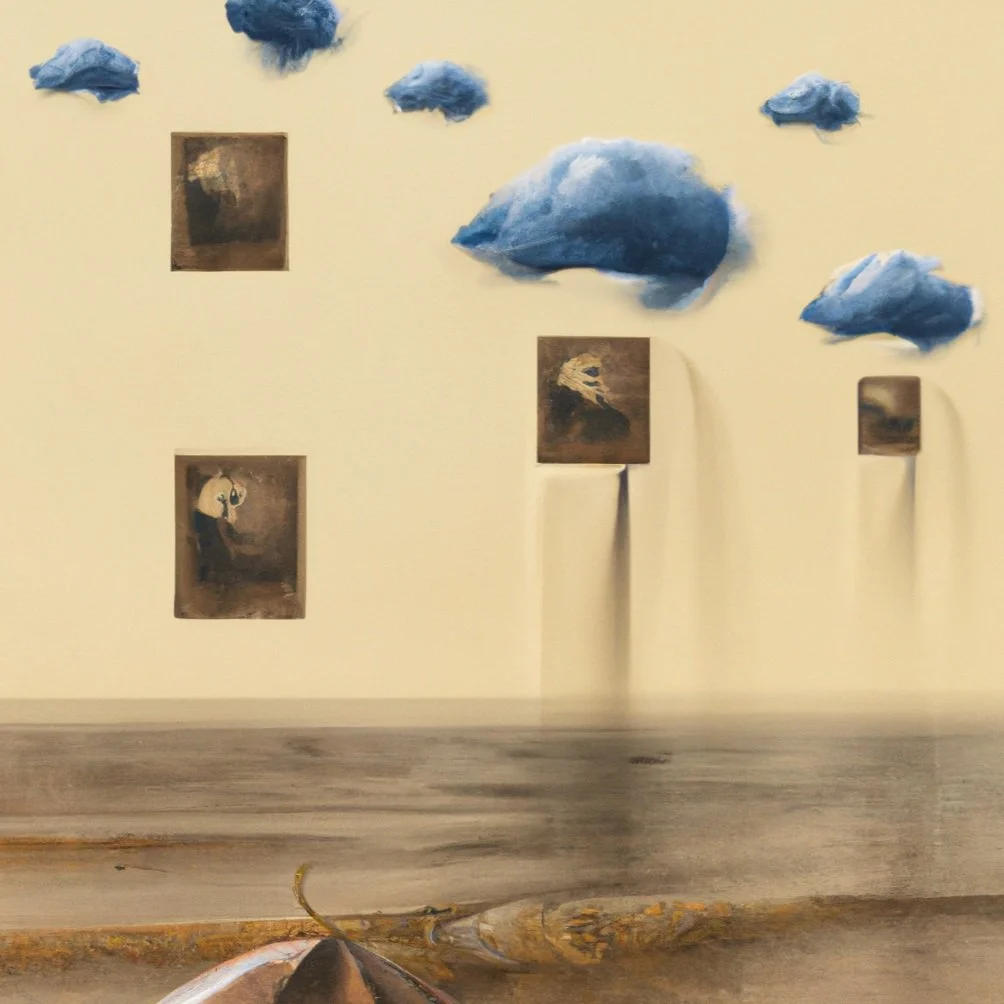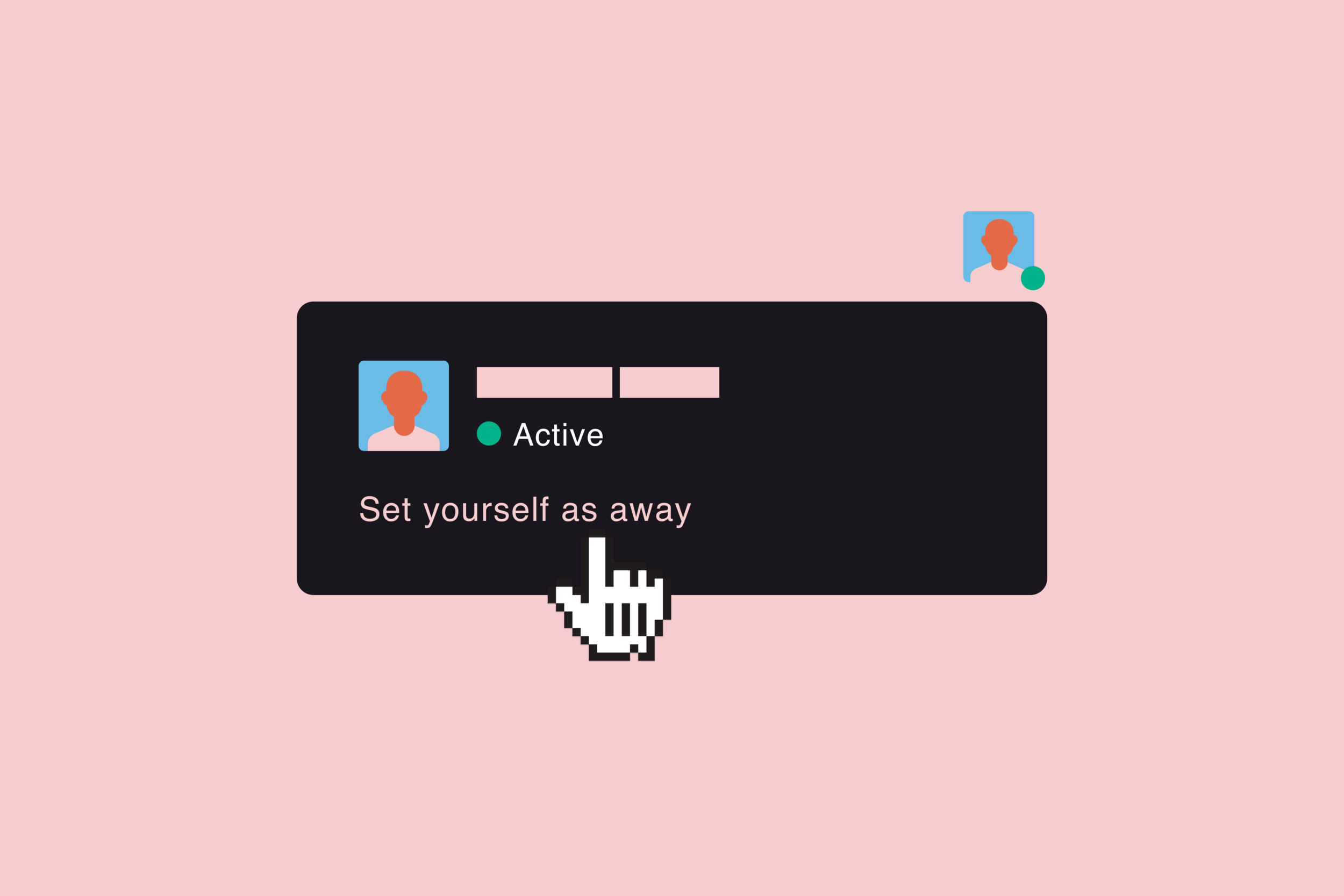Buying more stuff won’t help you reach your goals. But why does it feel so good?
Yesterday I came across a device called the Freewrite. It's a modern, distraction-free typewriter that lets you type on an e-ink display and syncs your work to the cloud over Wi-Fi. It doesn't seem like the highest quality device I've ever seen. But I want it.
This sort of situation, to me, is not uncommon, and it is quite a dangerous one. For really most of the time, I don’t actually need what I want to purchase, but somehow fall under the impression that getting that thing will improve my life.
I can’t think of a part of life where this doesn’t apply. There is always that gadget that will make me happier, the software that will improve my work, the process that will revamp my team, the pen that will make me more creative, and the social-media hack that will help me reach a larger audience.
These promises rarely hold up. As a rational and somewhat experienced human being I know that in most cases having fewer things will make me happier, that doing more work will improve my work, that communicating more and being more empathic with my team will make us stronger, that doing more creative things will make me more creative, and that only creating more value will lead to a larger and happier audience. Most times, there really are no shortcuts.
Trying to better understand what drives these impulses of hoping to improve our lives by introducing something new to it, I spend some time reflecting on this issue and identified four resource draining monsters that drive potentially bad decisions (The names are awful, but if you recognise them, you can help me name them.).
The Premature one
I haven't had a writing habit for too long and there is no way of knowing how long I will keep it up for, or if this tool would actually help me keep it up, so who knows if such a substantial investment (it's a few hundred USD) would actually be worth it. When I previously got a new camera lens (photography being my one hobby I've carried with me throughout decades) I'd shoot anything with this particular new lens, not leave it alone for a few days or weeks, and finally let the novelty wear off. At this point, I decided that I can't possibly carry all these lenses with me wherever I go, and fell back on the same ones I'd been using before.
Often, there comes a time when that new thing comes in handy down the line, but new and better options are available at that point. Really, I should have just waited a bit longer until a change was actually needed.
The Oracle
There is also the worry that this may actually be a sign of the beginning of the end. For when I start being more interested in the tool than in the craft it usually doesn’t take long for me to lose interest in the latter. This is particular true when it comes to another hobby of mine: Sketching. This one is basically sustained by new tools as few things in life are more satisfying than placing a sketch in a brand-new sketchbook. I suppose finally filling one up to its last page might be, but I will likely never know. Other hobbies with this characteristic tend to be those almost inherently demanding expensive kit: Archery (mmmhh... carbon fibre recurve bows), or rock-climbing and other fitness pursuits for example - in particular around New Year.
The Skill Booster
Maybe I am considering this purchase because I feel like owning such a device would make me a better writer? This is a fallacy closely connected to the previous one, where I may tell myself that surely, by owning an expensive saw I will be a better DIY craftsman, those Japanese secateurs make me a pro-gardener, and if I just had those expensive glazes I might be able to sell those ceramic pots I've been making once a week and standout from the thousands of Londoners doing the same thing with equally little skill. Hardly.
The Impulse Scratcher
Then there is always the realization that I may not even want the thing itself, but - especially given the groundhogday-esque life I am living these days - merely feel compelled to buy something to satisfy that consumerist itch I've left alone for a while. This one I am usually quite good at curbing, but not always. When I'm overcome by this, it is not clothes, but books of which - I convince myself - one can never have too many. The danger with this is that almost as soon as the item arrives, I realise I didn't like it all that much after all and the disappointment and anger at spending the money can outweigh the joy of clicking BUY NOW.
How do you know your purchase is justified? As so often, naming the problem - or a combination of problems - is the first step to dealing with it. Then you can work on strategies to address it.
For example, to know if you really love the hobby and not the kit? Go without the latter for a while. Set yourself a goal - in my case maybe a certain number of words, pages or documents - at which point you will have a clear signal that what you really love is the craft and not the thing. This worked well for me with photo-editing equipment. I know I was going to have to edit lots of photos in the future, so when I bought a special input device to speed up the process, it really did speed up the work so that I've been using it ever since, saving countless hours.
Plagued by impulse purchases? Put it in your shopping cart or your wish list, leave it there for a few days, and see if you still like it.
Think a tool or process will revolutionise your work? Try a lo-fi version with tools you already have and see if it works for your team.
Really, the ideal solution for your situation will need to come from you, but once you know your reasons for unplanned purchases or changes to your work, you can identify what those need to be.
But can't I just do it anyway? This is an ethically loaded question for which to answer I need to consult your personal value model. I try to keep my environmental impact low and will aim to put my consumer monsters behind in favour of avoiding truly unnecessary purchases.
When it comes to process changes, I think the disruption of something new often outweighs the potential benefits.
That said, it really depends on the situation. If I feel really down and expect a purchase I don't need to cheer me up, I may still give in. The important point is that this should be a conscious decision based on the identification and weighing up of my true motivations. I need to be aware of what I'm doing.
All this to say: No. I sadly won't be buying a modern typewriter for myself. Electronics are terrible for the environment and at this point I can't be sure it'll be worth it. I may reward myself with one in the future. I'll give it 100 bursts of morning writing by the end of this year.
Maybe I'll just get another book for now.


























